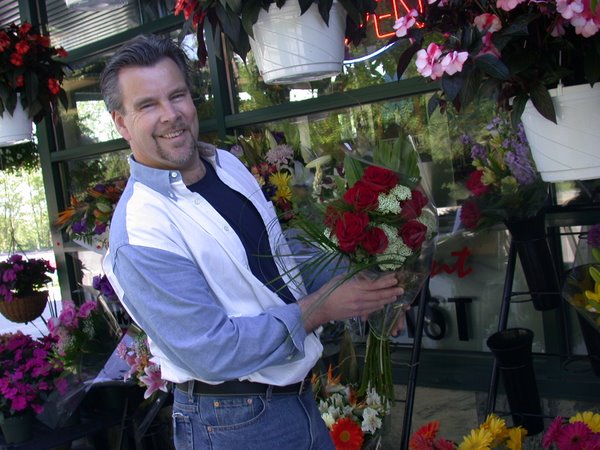It also makes explicit the struggle that many critics are having coming to terms with chick-lit as a genre: a struggle, in my estimation, that has ideological cause and which comes from an (again, in my estimation, unnecessary) essentialist attitude toward the books and their themes.
So what's the moral of the story? There's good chick lit and bad chick lit, just as there's good literary fiction and bad literary fiction - and maybe these labels are useless, anyway. I can hardly count the number of times I've read reviews that say, basically, "This book is chick lit, but never mind, read it anyway, it's great!" I wrote something like that myself, last summer, when I raved about Sarah Dunn's first novel, "The Big Love," which has just come out in paperback and which I would recommend in a heartbeat. The plot is nothing unusual - girl loses boy, girl has fling with cute boss, girl gets boy back and has to decide what to do with him - but the narrator's voice is so engaging that it lifts the book right out of the run-of-the-mill and into the perfect-reads category.


4 comments:
The article seems to say that Chick Lit is not "literature".
Great article. Thanks Kristen
Also, I know the article talks about post-feminism, but what is that? I, too, found an article I like but then read that it is written by a feminist. Don't get me wrong, I'm not against feminism any more than I am against masculinism. But is there not a way of reading that is neither of these ways and at the same time does justice to the text? Maybe post-feminism is it if I knew what it was.
Also, I know the article talks about post-feminism, but what is that? I, too, found an article I like but then read that it is written by a feminist. Don't get me wrong, I'm not against feminism any more than I am against masculinism. But is there not a way of reading that is neither of these ways and at the same time does justice to the text? Maybe post-feminism is it if I knew what it was.
Post a Comment